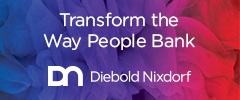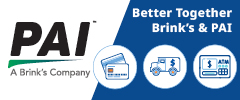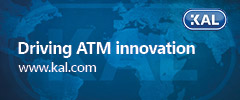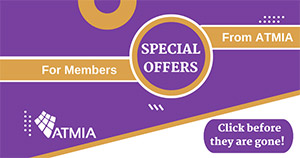
The king is dead. Long live the king
Wednesday, July 03, 2019
Cash is no longer king. Words that are read and said across the western world. These words were the opening gambit of a recent article by Boston Consulting Group titled, “How cashless payments help economies grow.” The article discusses how those economies that are more reliant on cashless alternative payment methods are the ones that grow faster. Citing economies such as Bangladesh, Ghana and Poland as high growth countries that are predominantly cashless payments, missing that they are, regardless of payment methods, countries that are emerging economies.
For an article that starts so boldly, the authors quickly backtrack as they seek to provide context for their argument. While they don’t explicitly say that they are backtracking, there can be no other description.
- “Cash remains the world’s most widely used payment instrument.”
- “The global ratio of cash to GDP rose to 9.6% in 2018, compared with 8.1% in 2011.”
- “In Europe, 80% of point-of-sale transactions are still conducted in cash.”
These stats suggest that cash is going to be around for a long time. What is telling is the organisations and people who are going to be frustrated by the speed of progress to cashless economies. Policy makers, merchants, card issuers, transaction processing companies and financial institutions. The benefits that these stakeholders will see from cashless are said to be great. There is an important group missing from the list, consumers. If the consumer is not at the centre of any digital transformation in any aspect of life, it is likely to fail.
The most successful digital transformations have had the consumer at the heart of them. E-Commerce has given consumers greater choice and lower prices. The digital transformation of the way that people consume music gave consumers choice, and lower prices. The move to streaming content on different devices gave consumers more choice of what, when and where to consume content. The ability to bank online gave consumers more choice and convenience around interactions with their financial providers.
The theme is obvious; giving consumers greater choice and competitive pricing is key to the success of digital transformation. Placing the consumer at the centre of any product or service that is being offered is key. The drive for cashless society, as shown by the stakeholders mentioned, is not yet centred on the consumer. The drive for a cashless society could in fact cost the consumer more.
Cash is also “inherently problematic”, apparently. Yes, a user friendly, inclusive, trusted, accessible and reliable payment method is inherently problematic. A payment instrument that protects the privacy of consumers, does not create data points that can be used for cross-selling of products or to gather more in-depth information. A payment method that can’t be hacked or undermined by power outages or system failures. There were 7 million people unable to complete payments due to IT glitches in the UK alone according to consumer group Which?.
The pièce de resistance of reasons a cashless society would be better than one that includes cash in the payment ecosystem, is that if there was another crisis a central bank would have the ability to lower interest rates below zero, and consumers would be prevented from having the choice to keep their money. The benefit for consumers is nowhere to be seen in the advantages of a cashless society.
In fact, there is risk to consumers that they are penalised for the any move towards a completely cashless society. Retailers in 2017 spent an additional £170 million to process card payments. The increase in the cost was driven entirely by scheme fee increases. Without having an alternative payment method available, there is no way to protect consumers or retailers from increased charges. Retailers may feel that they have no choice but to increase the prices of good to cover for increased costs in processing fees.
There is a brief mention of consumer interests, but this is focused on GDPR, not the security of their ability to purchase goods. Are we seriously going to ask retailers to allow customers to walk out of grocery stores, should the unthinkable happen and there is a power cut? Are we seriously going to ask consumers to starve because there is a problem out with their control that means they have no way to make payments?
The ways that the authors suggest driving adoption of cashless payments are almost those of playground bullies. The suggestion of introducing cash handling charges, artificially penalising consumers and businesses for using or accepting cash is at best unethical. These methods are not consumer friendly.
Those of us, myself included, who are involved in cash handling processes as a profession accept that cash is declining as percentage of the payment mix. What I, the tens thousands of other professionals whose work involves cash and more importantly consumers everywhere, should not accept is a push to remove all cash from society. This is not about preserving our jobs or businesses, it is not even about increasing revenues. The stance against that we should be taking is one for people across the world. That may be a dramatic statement, but I believe it is measured and fair. To seek to remove cash in an effort for “transparency” is transparently not about the best interest of consumers.
Thankfully governments across the globe are beginning to wake up, implementing policies that safeguard the ability to pay with cash. While there are clear advantages to digital payments, cash payments too, have benefits that should be preserved and protected. When consumers become the focus and main driver for change, we will see a less-cash rather than cashless future or to put it another way - the king is dead, long live the king.



























